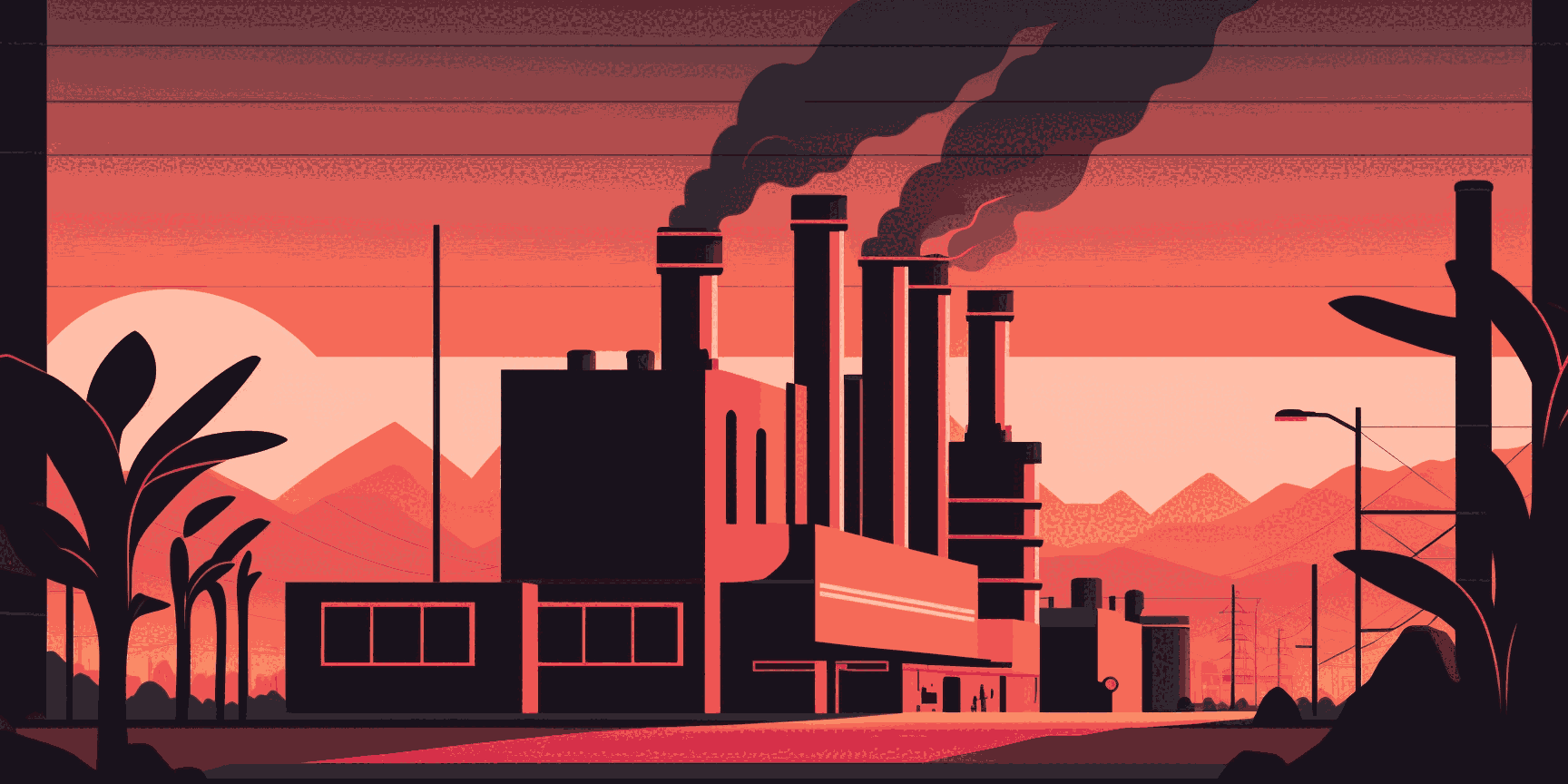Carbon Dioxide (Co2) Role In Climate Change: Understanding The Science
Carbon dioxide (CO2) is a crucial component of our atmosphere, but excessive amounts of it have been linked to climate change. In recent years, there has been an increasing concern about the impact of CO2 emissions on the planet. As such, it is important to understand the science behind carbon dioxide and its role in climate change.
Table Of Content
- Introduction
- What Is Carbon Dioxide?
- The Greenhouse Effect
- Carbon Dioxide And Climate Change
- The Impact Of Climate Change
- Mitigating The Impact Of Climate Change
- Conclusion
- Cause
- Is Caused By
Introduction
Carbon dioxide (CO2) is an essential component of our atmosphere. It plays a vital role in maintaining the Earth's temperature and supporting life on our planet. However, excessive amounts of CO2 have been linked to climate change, which has caused a lot of concern in recent years.
In this article, we will explore the science behind carbon dioxide and its role in climate change. We will look at how excessive CO2 emissions affect the planet, and what we can do to reduce our carbon footprint and mitigate the impact of climate change.
What Is Carbon Dioxide?
Carbon dioxide is a colorless, odorless gas that is naturally present in the Earth's atmosphere. It is produced by the respiration of plants and animals and the decay of organic matter. Carbon dioxide is also produced by the burning of fossil fuels, such as coal, oil, and gas.
The Greenhouse Effect
The greenhouse effect is a natural process that occurs when certain gases, including carbon dioxide, trap heat in the Earth's atmosphere. This process keeps our planet warm enough to support life.
However, the excessive amount of carbon dioxide in the atmosphere can amplify the greenhouse effect and cause global temperatures to rise. This can result in significant changes to our climate, including more frequent heatwaves, more intense storms, and rising sea levels.
Carbon Dioxide And Climate Change
Human activities, such as burning fossil fuels, deforestation, and industrial processes, have led to a significant increase in the amount of carbon dioxide in the Earth's atmosphere. This increase in CO2 has caused the Earth's temperature to rise, leading to climate change.
The Intergovernmental Panel on Climate Change (IPCC) has stated that global temperatures have already risen by around 1 degree Celsius since pre-industrial times, and that this increase is largely due to human activities.
The Impact Of Climate Change
The impact of climate change is already being felt around the world. Climate change is causing more frequent and intense heatwaves, floods, and droughts. It is also causing the melting of glaciers and ice caps, leading to rising sea levels and increased coastal flooding.
Climate change is also affecting ecosystems, causing changes in the distribution and behavior of plants and animals. It is also causing ocean acidification, which can have significant impacts on marine ecosystems.
Mitigating The Impact Of Climate Change
Reducing the amount of carbon dioxide in the atmosphere is essential for mitigating the impact of climate change. This can be achieved by reducing our carbon footprint, which refers to the total amount of greenhouse gases that are produced as a result of our activities.
Some ways to reduce our carbon footprint include:
- Using renewable energy sources, such as solar and wind power
- Improving energy efficiency in buildings and transportation
- Reducing food waste and adopting a plant-based diet
- Planting trees and protecting forests
- Investing in new technologies that can capture and store carbon dioxide
Conclusion
Carbon dioxide is an essential component of our atmosphere, but excessive amounts of it have been linked to climate change. Human activities, such as burning fossil fuels, deforestation, and industrial processes, have led to a significant increase in the amount of carbon dioxide in the Earth's atmosphere, causing global temperatures to rise and resulting in climate change.
The impact of climate change is already being felt around the world, with more frequent and intense heatwaves, floods, and droughts, rising sea levels, and changes to ecosystems. It is essential that we take action to reduce our carbon footprint and mitigate the impact of climate change.
By using renewable energy sources, improving energy efficiency, reducing waste, protecting forests, and investing in new technologies, we can reduce the amount of carbon dioxide in the atmosphere and slow the pace of climate change.
It is important that individuals, businesses, and governments all work together to reduce our carbon footprint and protect our planet. By understanding the science behind carbon dioxide and its role in climate change, we can all take action to make a difference.









